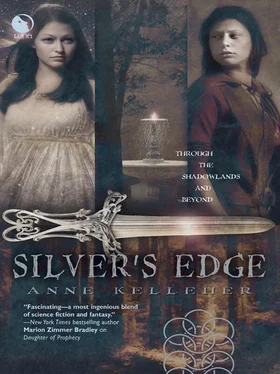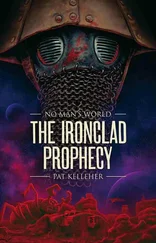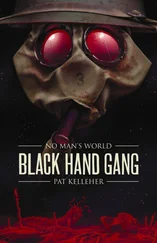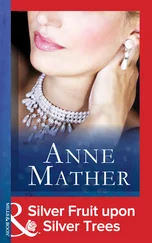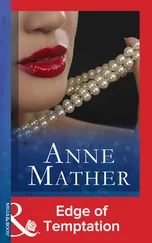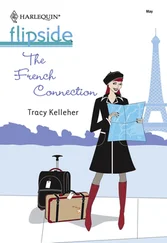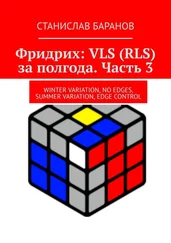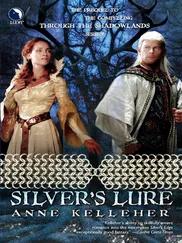“What’s a call, Papa?”
“A caul, sweetling. It’s like—like a net, or loosely woven blanket, made of purest silver.”
“How’d he do that, Papa?”
“He took silver, for silver hurts the goblin, and the sidhe, too, more than anything else—it burns them and that’s why a mortal man was needed to do it—and with the sidhe Queen of the OtherWorld, who hates the Goblin King, for he would take her kingdom if he could, together they worked great magic and made a powerful web of finest strands of purest silver. They called it the Silver Caul, and the Queen took it to her palace, and there she placed it over a great green moonstone, and there it lies to this very day, keeping the goblins out of Brynhyvar.”
“Why does silver hurt the goblins?”
“I don’t know rightly, sweetling. But it’s why we wear these—” He fumbled at the neck of his nightshirt and dangled his silver amulet on its leather cord before her.
“That’s why we must never take it off?”
“Exactly. The silver protects us.”
“But, Papa, if the Silver Caul keeps the goblins out, why must we wear silver, too?”
Because there are worse things than goblins, he nearly replied. It was the race that called themselves the sidhe that were the worst of all, for they seduced mortals with promises of otherworldly delight, leading them to vanish out of sight and time. Your own mother was snared by one of them, he almost said, but he caught himself. They were treading dangerously close to questions for which he must carefully consider the replies. He pushed aside the curtain and peered out into the night. It was coming up to dawn. The low-lying clouds overlay a sky of lighter gray. Time to stir the oats he’d set to cook last night in the great iron kettle nestled in the warm forge, to check for damage left by the now-passing storm, to try to decide what to tell the child if her questions led them to the subject of her mother, and if she were old enough to know even part of the truth. “Not now, sweetheart. I’ll tell you the story later. I promise. But ’tis so late, it’s early, and I must be about my work. You go back to sleep for a bit, it’s too cold to be running about early today.” He kissed each one of her grubby little fingers in turn, noticing how pink they were beneath a thin layer of grime, then rose to go. He resolved to remember to drag the bathtub from the shed beside the kitchen before nightfall. Her eyelids were already beginning to droop.
“But, Papa?” Her voice stopped him at the door. “The Silver Caul? That’s what keeps the goblins away? For real?”
“There are no goblins in Brynhyvar, Nessa. I promise. So back to sleep with you, now, like a good girl.”
“Yes, Papa.” She shut her eyes with a sigh.
He ducked his head beneath the uneven frame of the low doorway and paused to look over his shoulder at the little face lying on the pillow. Dearer to him than all he owned, dearer than life, she was. He had lost her mother to the sidhe, and he was determined such a fate should never befall her daughter. Such a headstrong little thing, she could be, so like her mother, curious and engaging. But if she seemed more interested in the fire and the forge, hammer and tongs, than in the tools of more womanly pursuits, so much the better. Better her mind be full of iron, he thought, than the sort of empty-headed nonsense which had contributed to her mother’s disappearance.
The child curled on her side, one round cheek pillowed on her open palm, a scrap of threadbare blanket nestled beneath her chin. A line from an ancient lullaby ran through his head. The might of Bran protects thee, the Faerie Queen shall bless thee, no goblin claw will rend thee. But he took no comfort in it, for he expected no blessing from that quarter. He would see to it that if ever goblin or sidhe touched so much as a hair of his daughter’s head, she would be well-prepared to defend herself.
Now
The fat spider leapt lightly along the serrated edges of the stone spikes which rose like a lizard’s spine along the high back of the throne of the Goblin King. It scampered across the rough stone, anchored from above by a nearly invisible filament, darting just inches from the leathery maw of Xerruw, the Goblin King, who leaned upon one elbow and watched it with detached interest. So easily he could flick it into oblivion with a snap of his tongue. Its legs waved frantically as it manipulated the gossamer strands, as if it sensed a predator. But, though he watched it with a hungry intent, Xerruw’s mind was not bent on food. Spin, little spider. You have reminded me of the value of a trap.
A smoky fire burned fitfully in the stone pit in the center of the cavernous hall, and a dull gray light filtered through the arrow slits set within the soaring arches of its central tower. A cold draft whined down from the upper reaches, but Xerruw, if he noticed the chill at all, gave no sign. He sprawled across his massive throne, which had been carved out of a boulder bigger than the huts of men, in that last happy age when the goblins reigned supreme and the sidhe cowered beneath the banks of rivers and glens, hiding in the noon, hunted at night like luminous fish flitting through the dark depths of the primeval forests. Those were the days of glory, he reflected, as he picked his teeth with the fingerbone of a human child.
It was an ancient fingerbone, worn sliver-fine from long years of gnawing—they’d not been fortunate to find a child roaming in these lands for more time than he’d care to remember—but he liked to fancy that it retained a hint of the sweet flavor of young man-meat, enough to envision a time still to come when, free of the fetters of sidhe magic, his kind could hunt both the human herd and the sidhe at will. So he watched the spider, sucking on his bone, while in the niches carved into the rock beneath his seat, three hags muttered among themselves as they crouched restlessly on their nests of lumpy eggs, ceaselessly complaining of the lack of meat.
His gray eyes were nearly closed, and he appeared lost in thought, his attention wholly focused on the spider, but he knew that three of the six guards dicing opposite the hags were cheating on the others, and that the goblins sharpening their weapons closest by the door mumbled mutiny. Let them, he mused, enjoying the worn smoothness of the bone against his teeth. Long years he’d sat, brooding on his throne, biding his time, plotting his strategy, awaiting the very news he’d received yesterday.
For the sidhe Queen was in whelp—the sidhe witch who dared to style herself Queen of all Faerie. It was only a matter of time now, and her power would falter, her magic naturally diminish as the birth approached, giving him at last an opening, a foothold, a chance to once again claim all of Faerie for his own. In the past weeks, he had begun to sense it—a subtle but unmistakable weakening in the complex webs of power which held the border of the Wastelands, where her forces had driven his kind after the last war. And this time, they would attack—not just with blades and spears, arrows and bolts, the weapons of sheer brute force. No, this time he would try something worthy of a sidhe’s own cunning. He would succeed where the others of his kind had failed, catching the complacent sidhe off guard when they were most critically vulnerable. Like the spider, he mused. And like the spider, he would weave his own trap and wait.
A chill draft suddenly blasted through the hall, and the hags screeched and cackled, rocking back and forth on their haunches to protect their eggs. The blast of air was accompanied by a thunderous boom—the sound of the inner gates closing. The scouting party had returned. But even as he was about to shift positions and settle more comfortably to await their report, Xerruw bolted upright, for he caught, just beneath the acrid smoke of the fire, a scent, at once coppery and sweet, earthy and sour, threading like a strand of yarn through the smooth texture of the air. He snarled in the direction of the hags, and rose to his feet as Iruk, the Captain of his Goblin Guard, strode in, his fellows jogging behind him, a blur of dull gray limbs and black metal in unison. The guards stopped gaming and sharpening, and looked up, sniffing expectantly. Then the hags caught the scent and their keening cries of pleasure erupted in a hungry harmony. A snarl and another hard glare silenced them, but they licked their lips and stared back at him with eager eyes.
Читать дальше
